Nutrition's Role in Preventing and Healing Pressure Ulcers
VerifiedAdded on 2023/02/01
|13
|1024
|61
Report
AI Summary
This report presents a literature review on the effectiveness of nutrition in preventing and healing pressure ulcers. It highlights the significance of nutritional status, including protein, energy, and micronutrient intake, in wound healing and skin integrity. The study explores the impact of malnutrition, inadequate protein intake, and the benefits of oral nutritional supplements (ONS) in addressing nutrient deficiencies and promoting tissue repair. The objectives include examining the role of ONS, assessing malnutrition diagnosis methods, and offering recommendations for future practices. The report emphasizes the economic and patient-centered importance of the topic, noting the high costs associated with pressure ulcers and the need for increased awareness. The discussion summarizes the impact of various nutrients, such as zinc, vitamin A, and vitamin C, on wound healing, and concludes with the importance of regular nutritional screening and multidisciplinary care, including registered dieticians, to optimize patient outcomes. References to supporting research are included.
1 out of 13
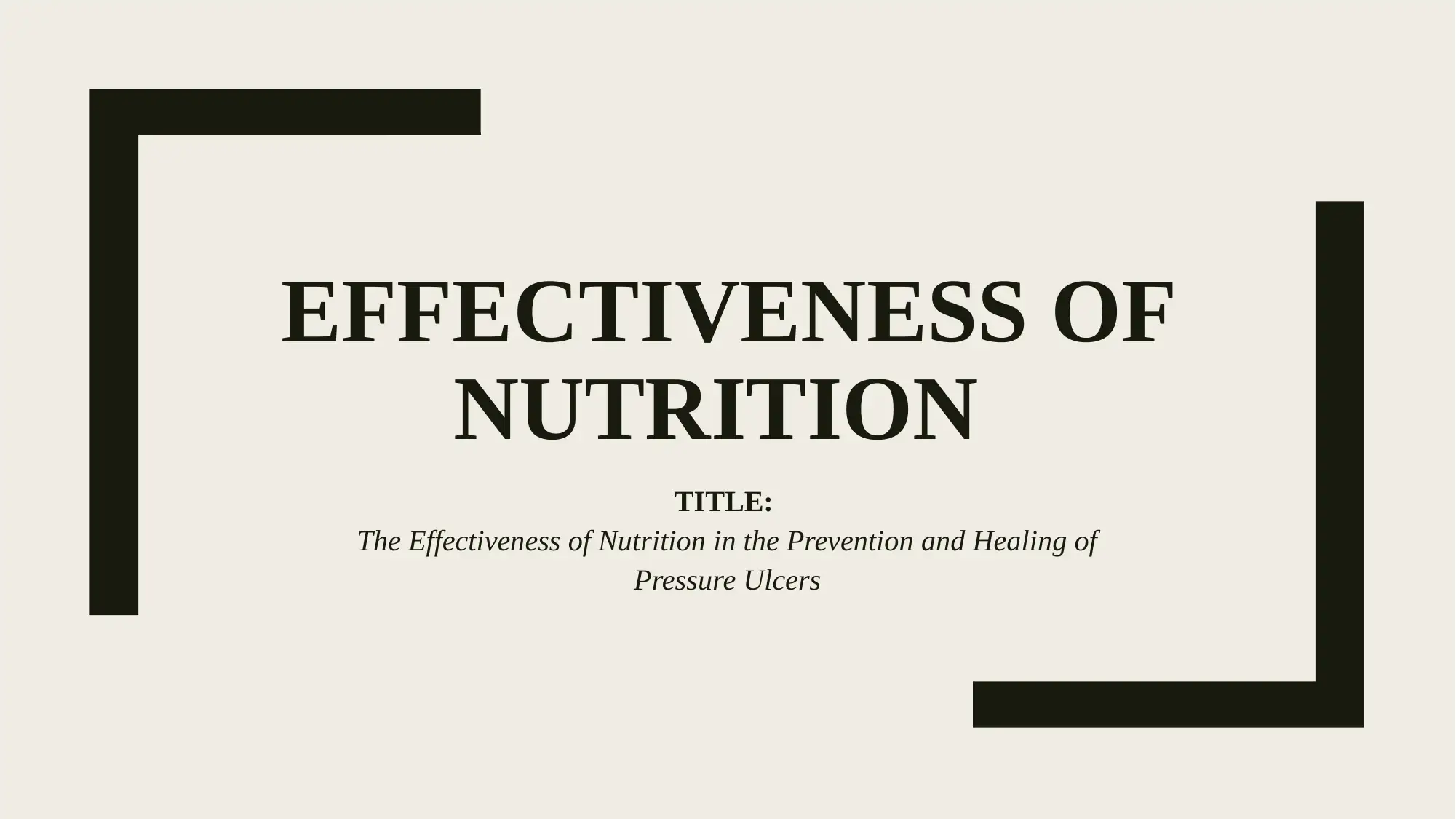
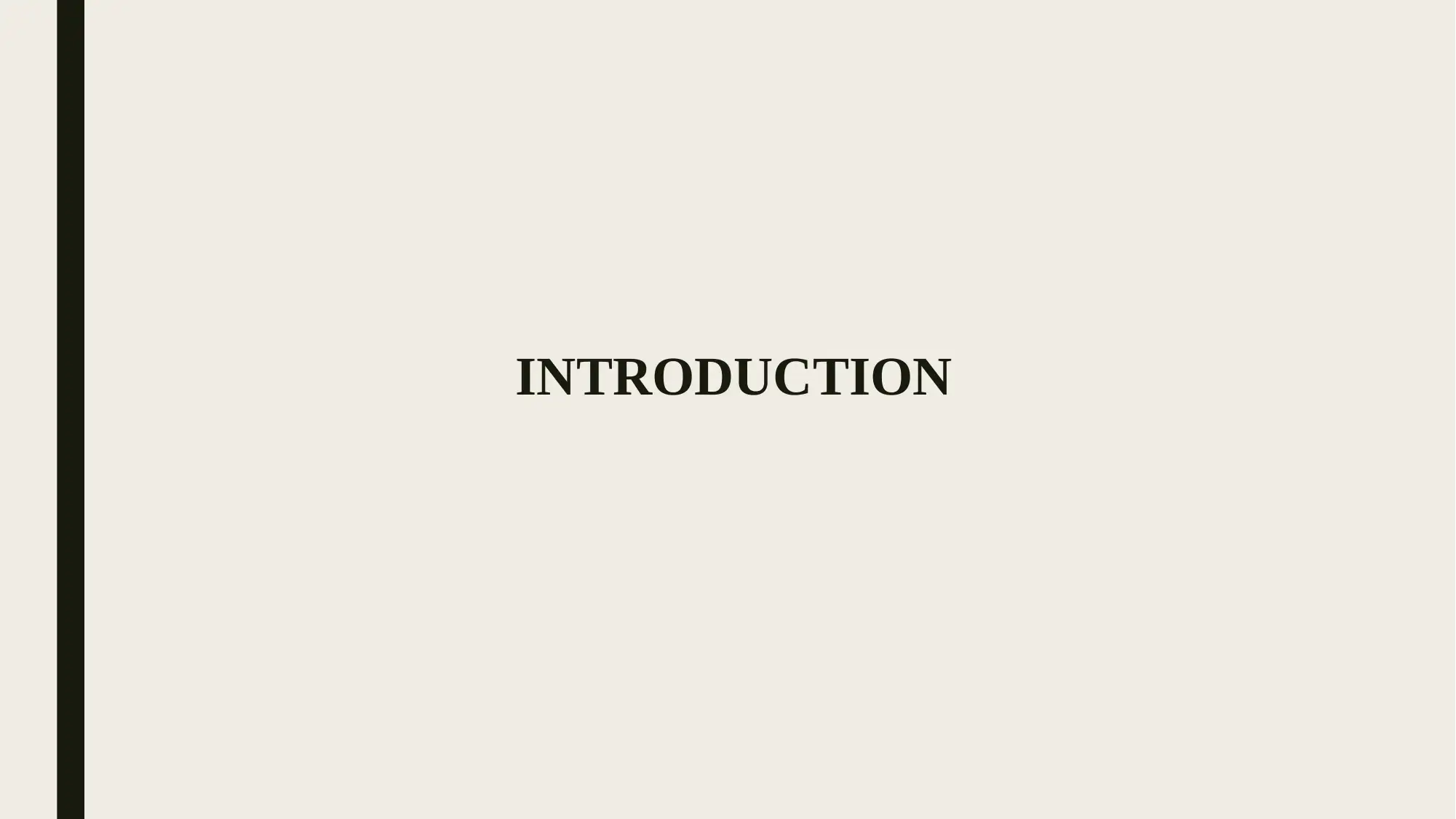
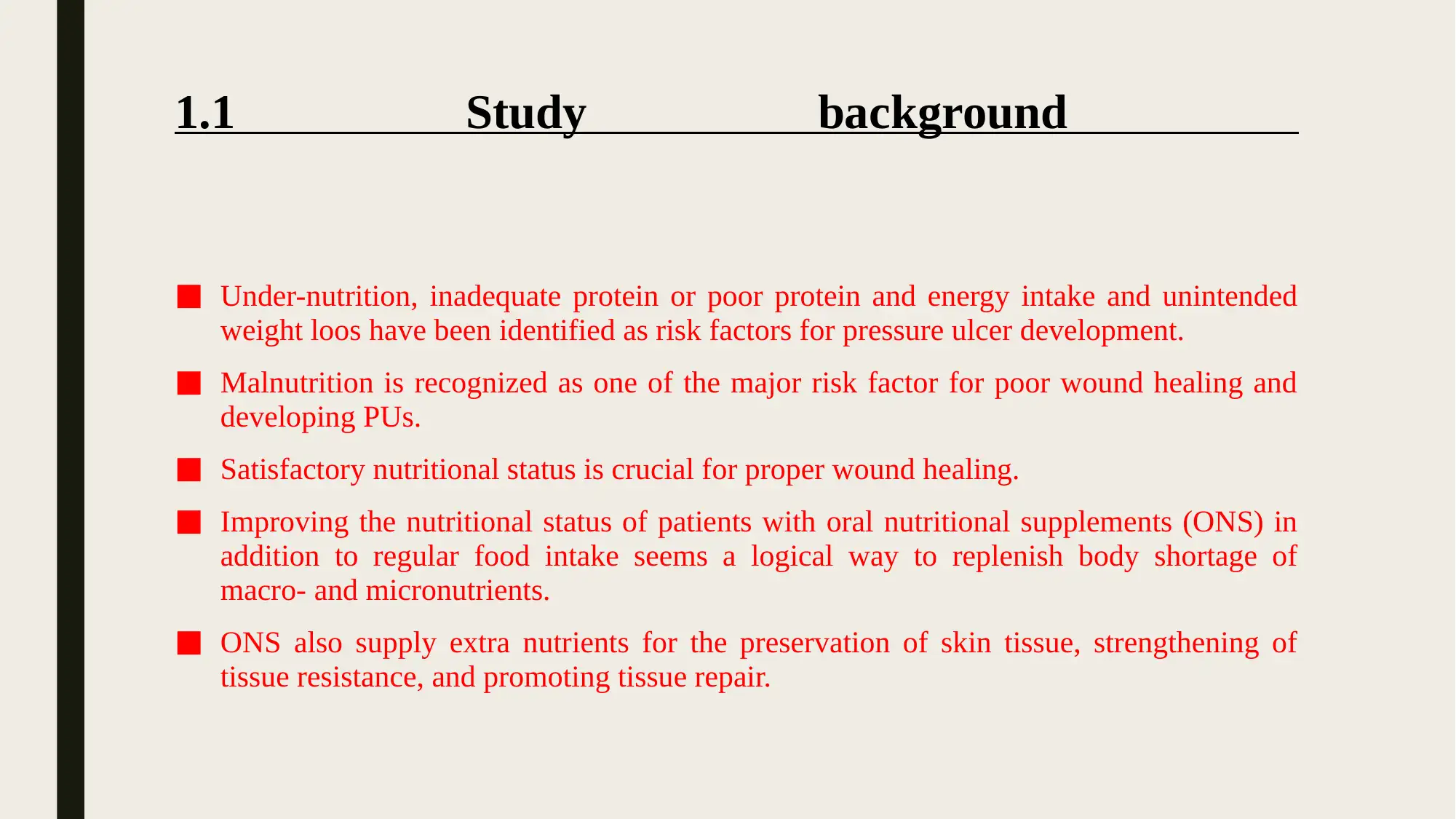

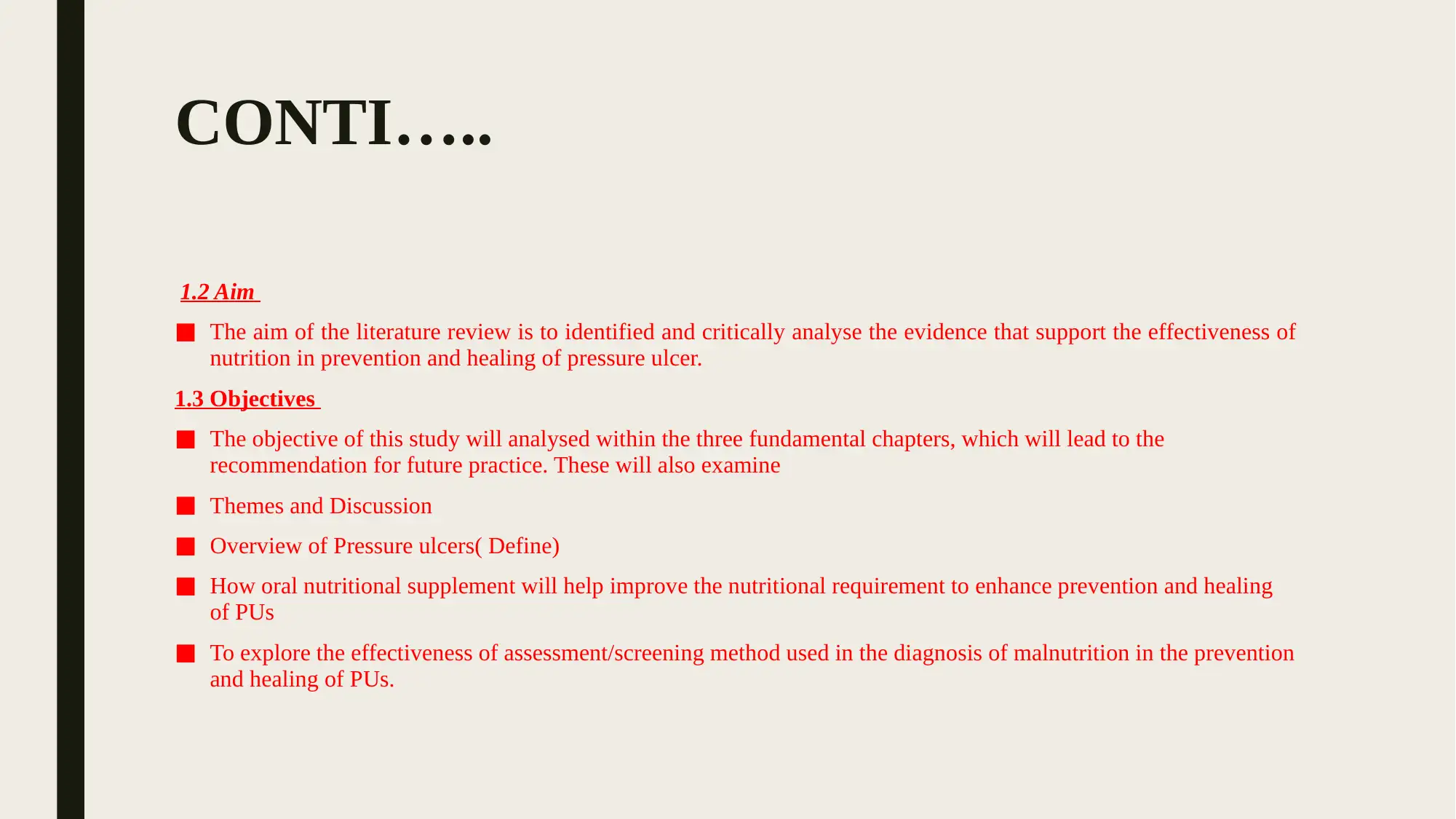
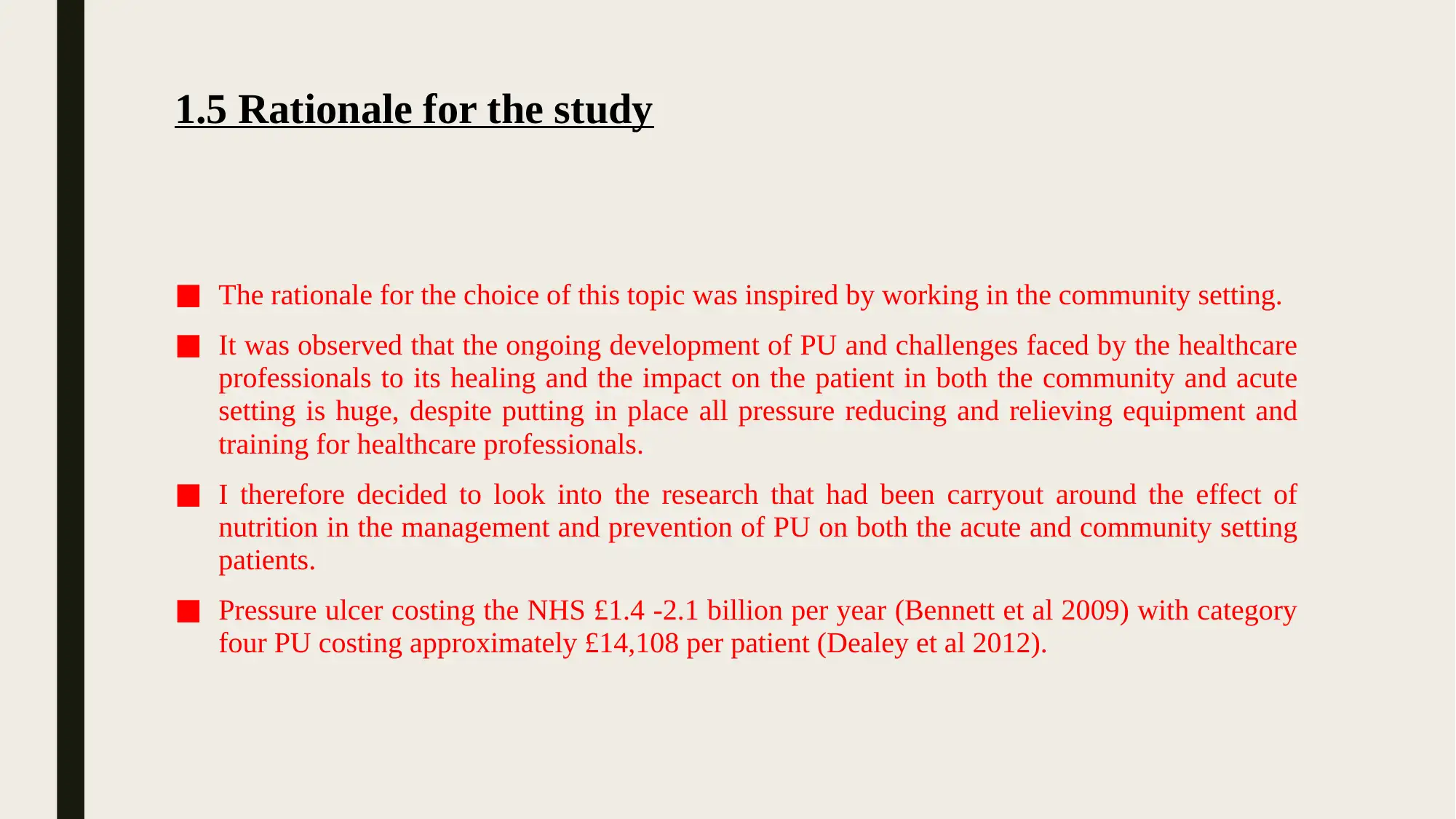
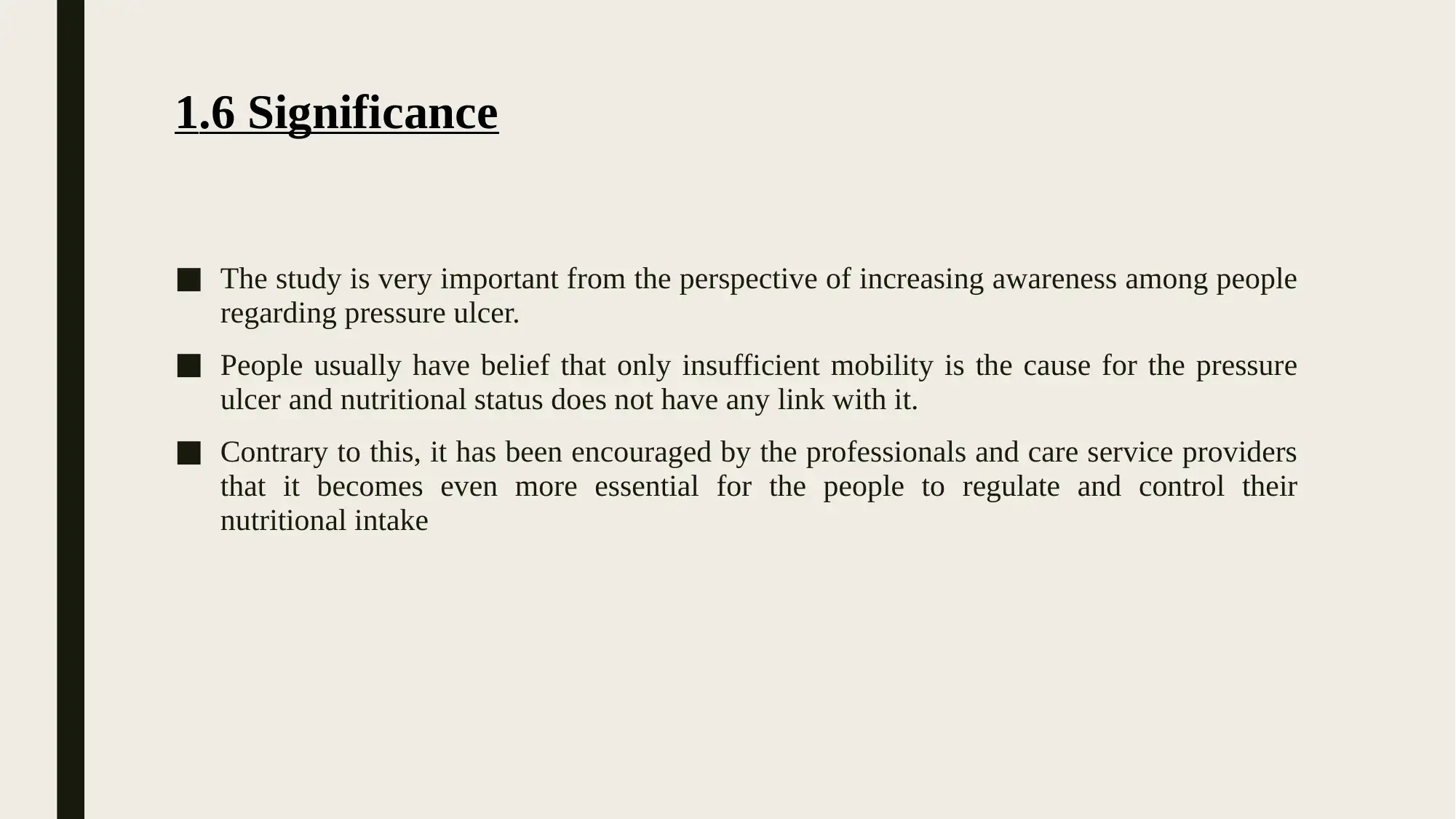
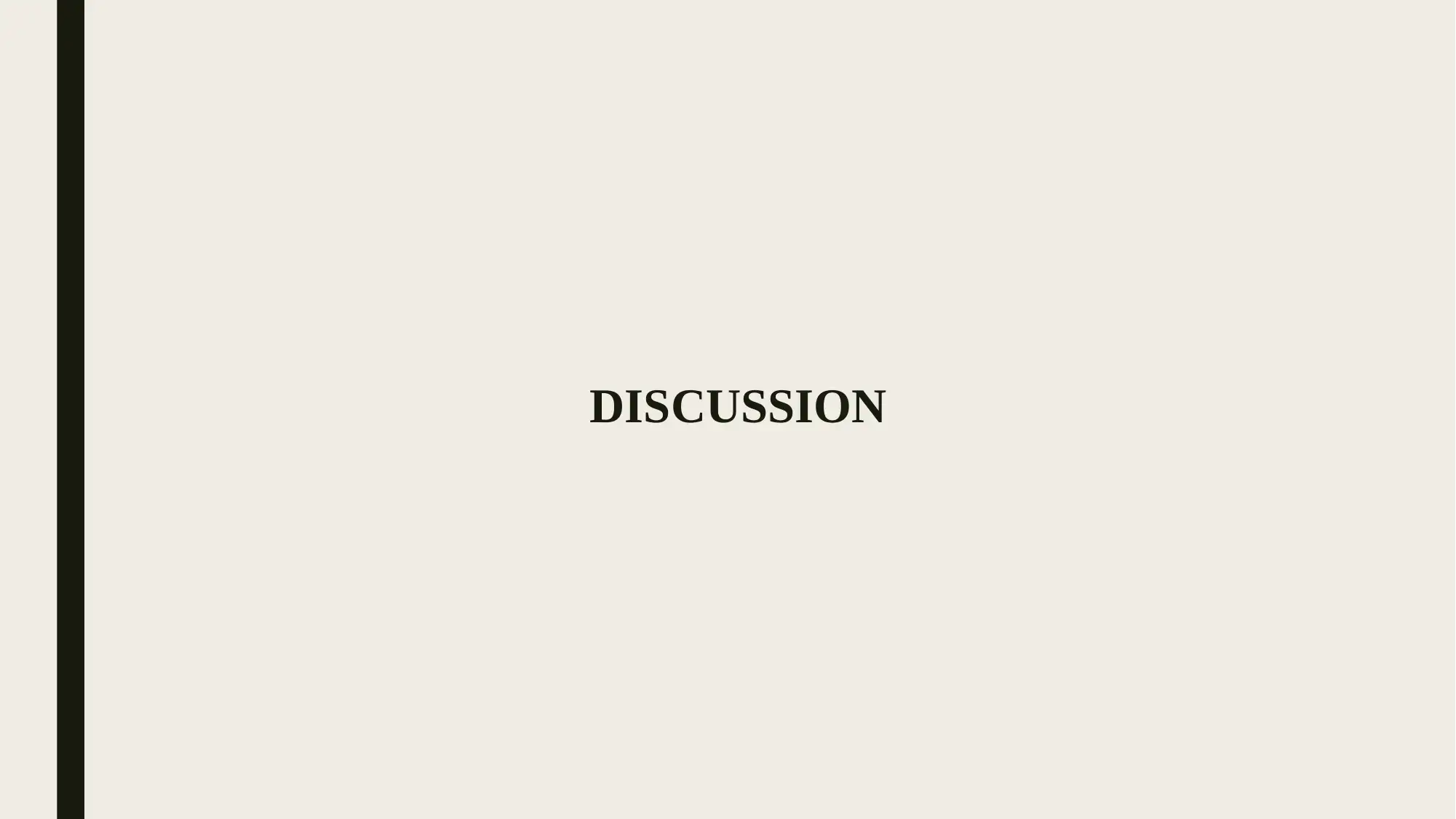
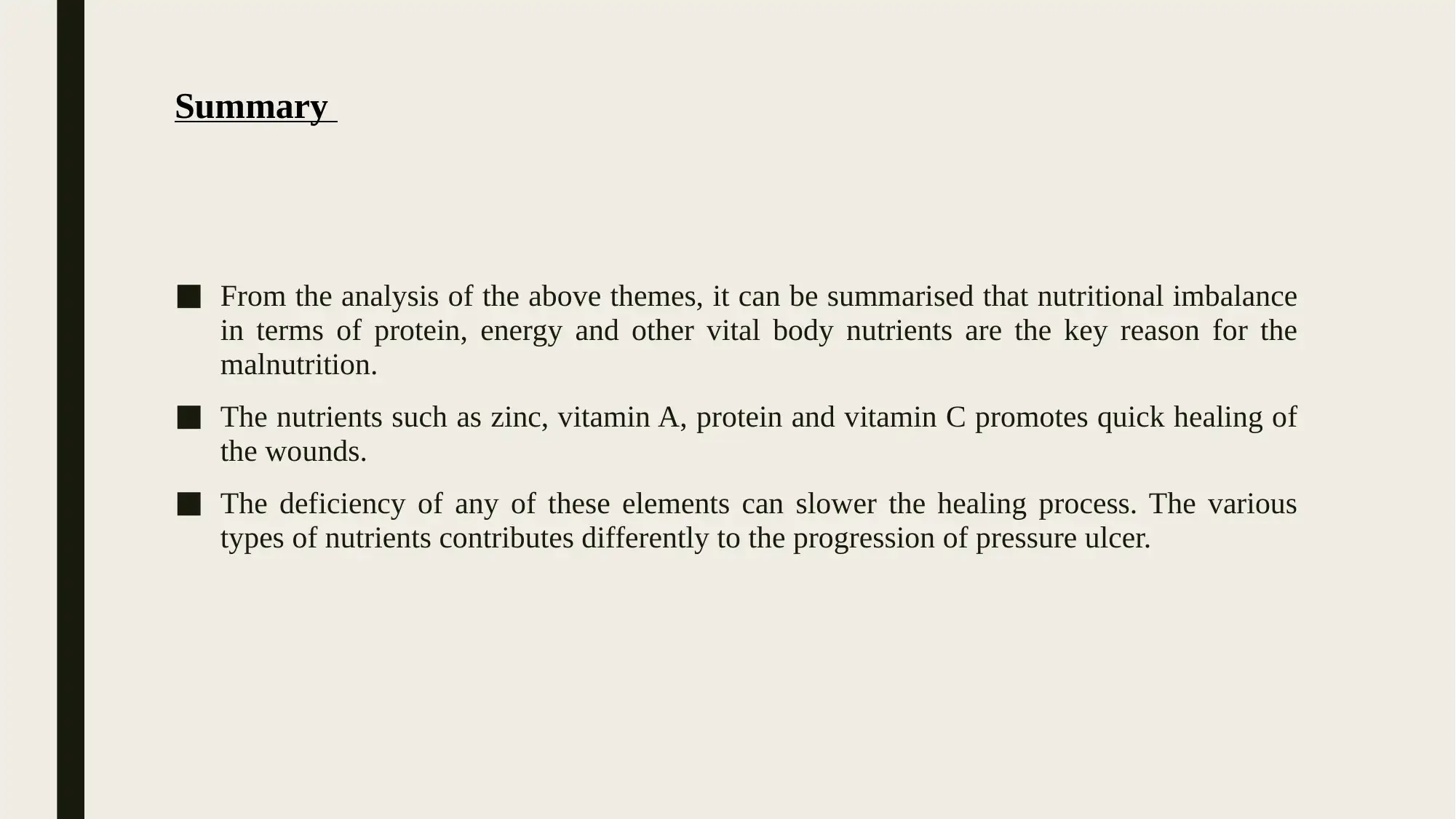
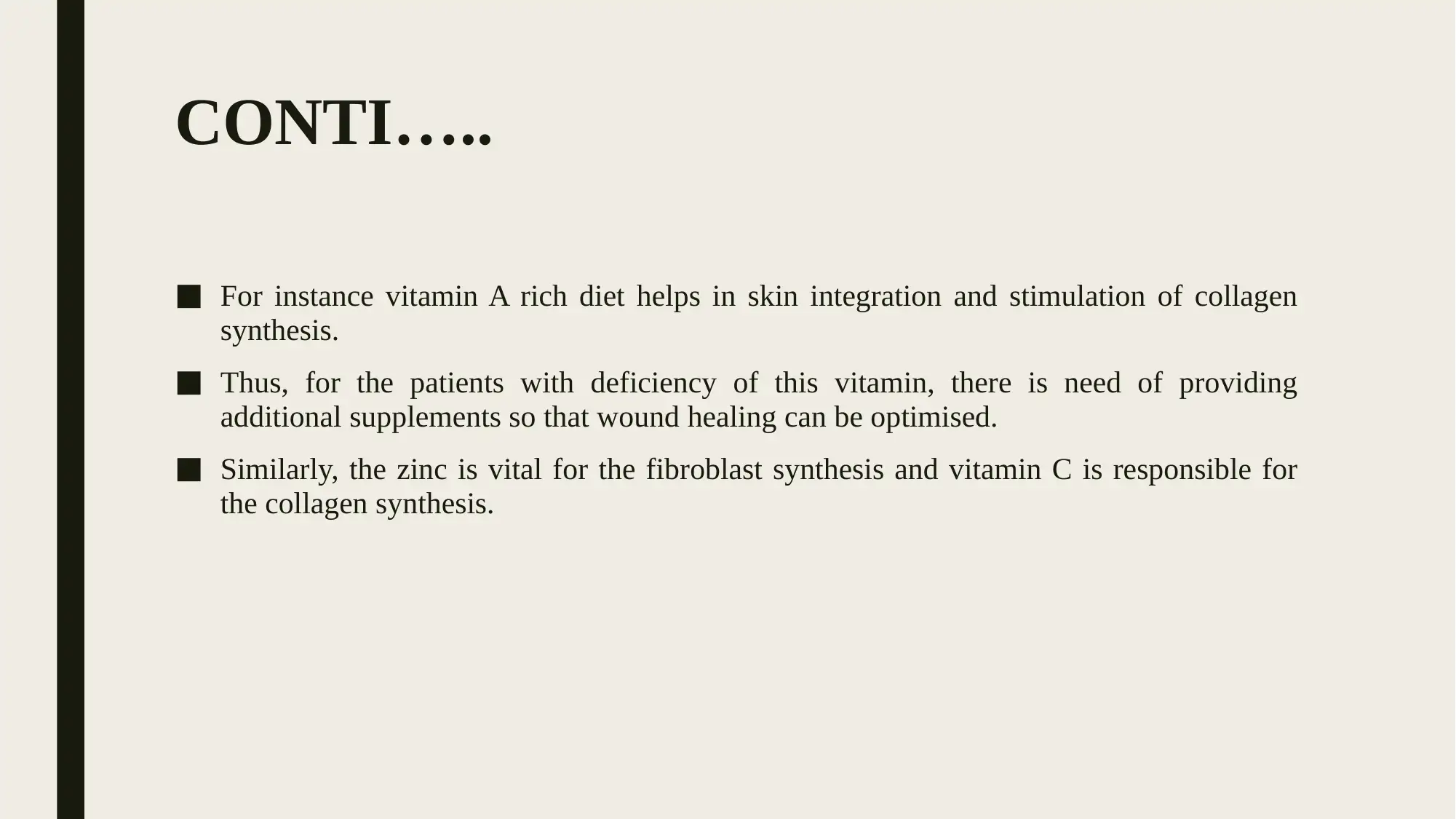
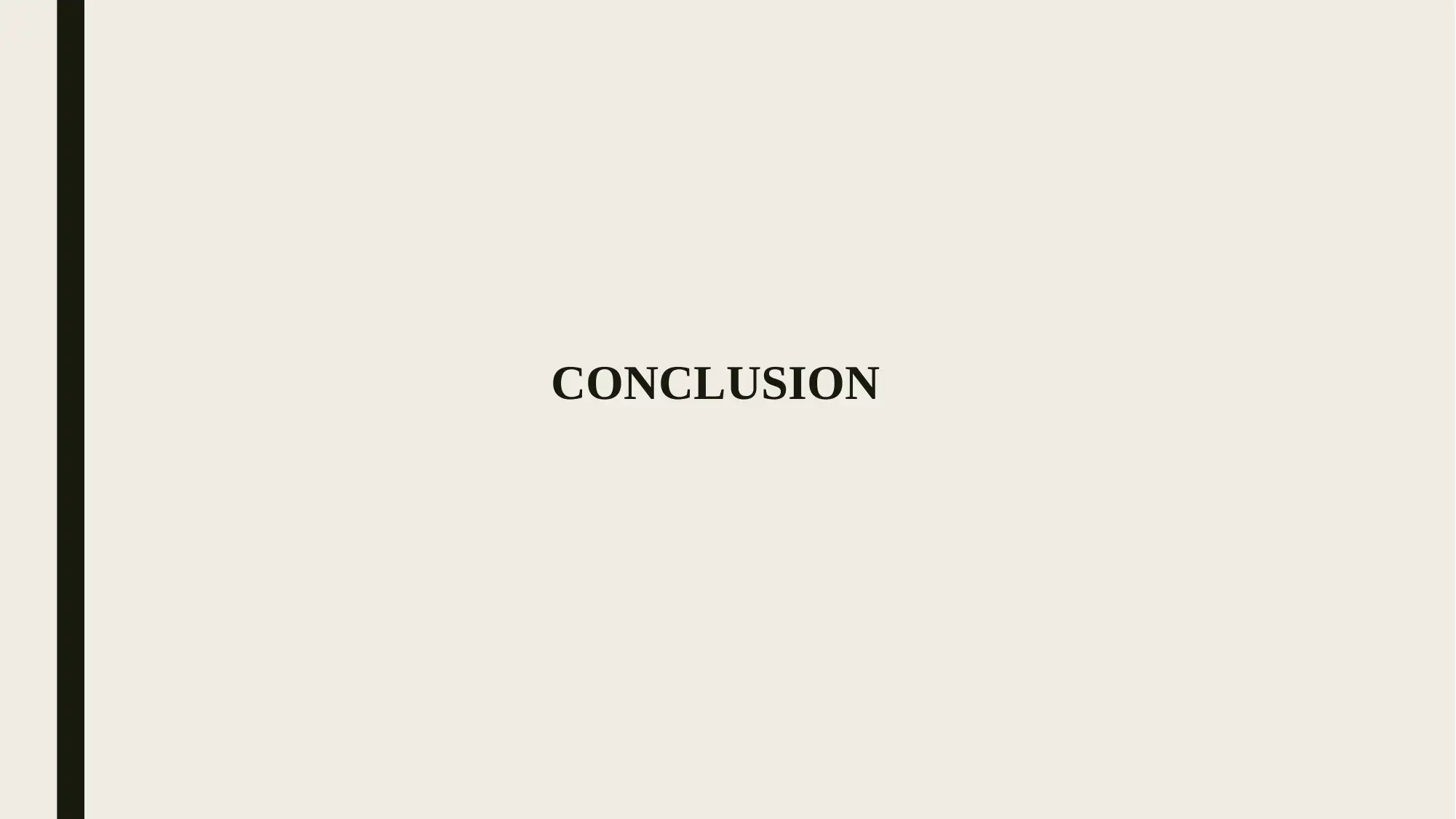
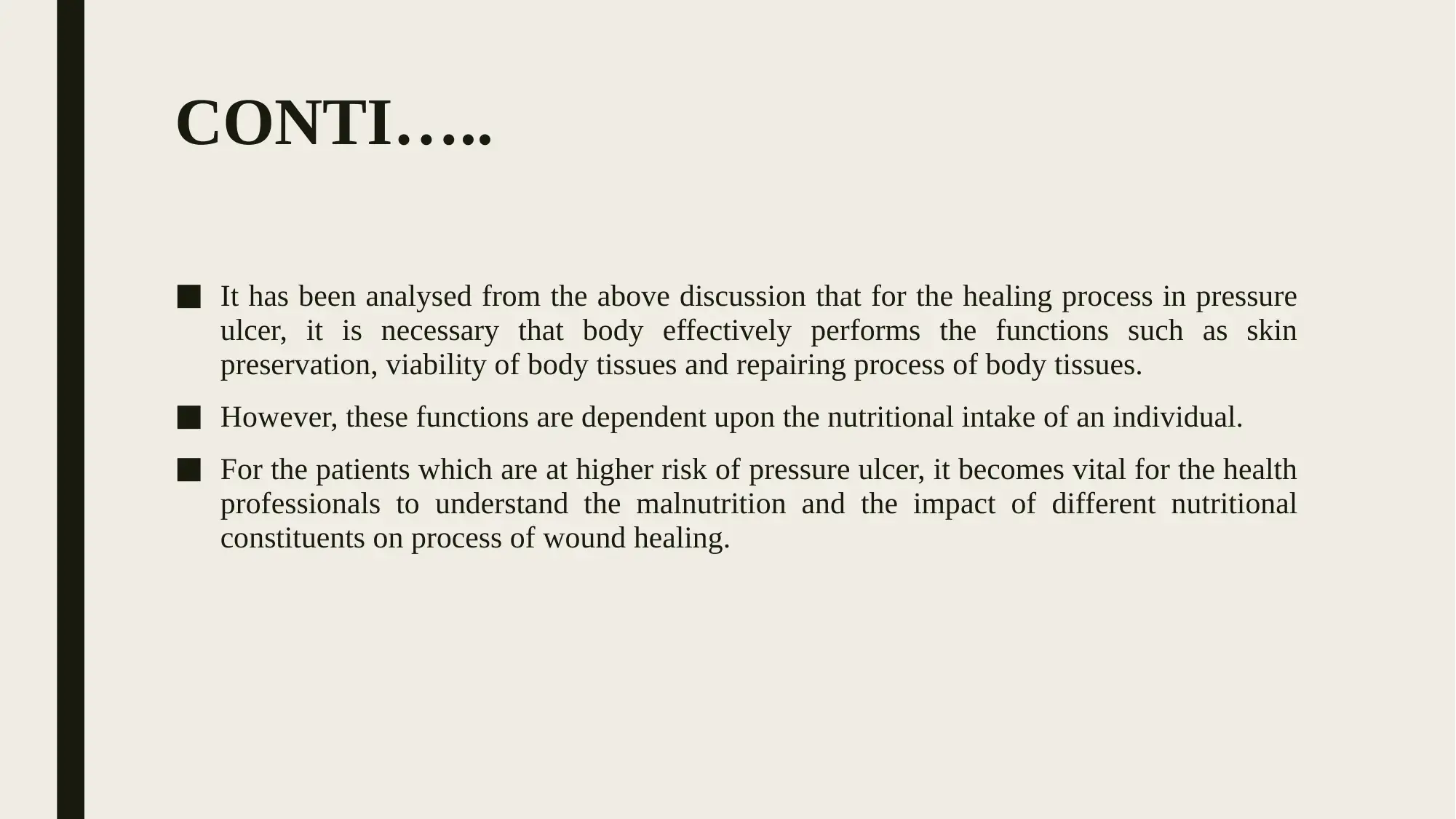
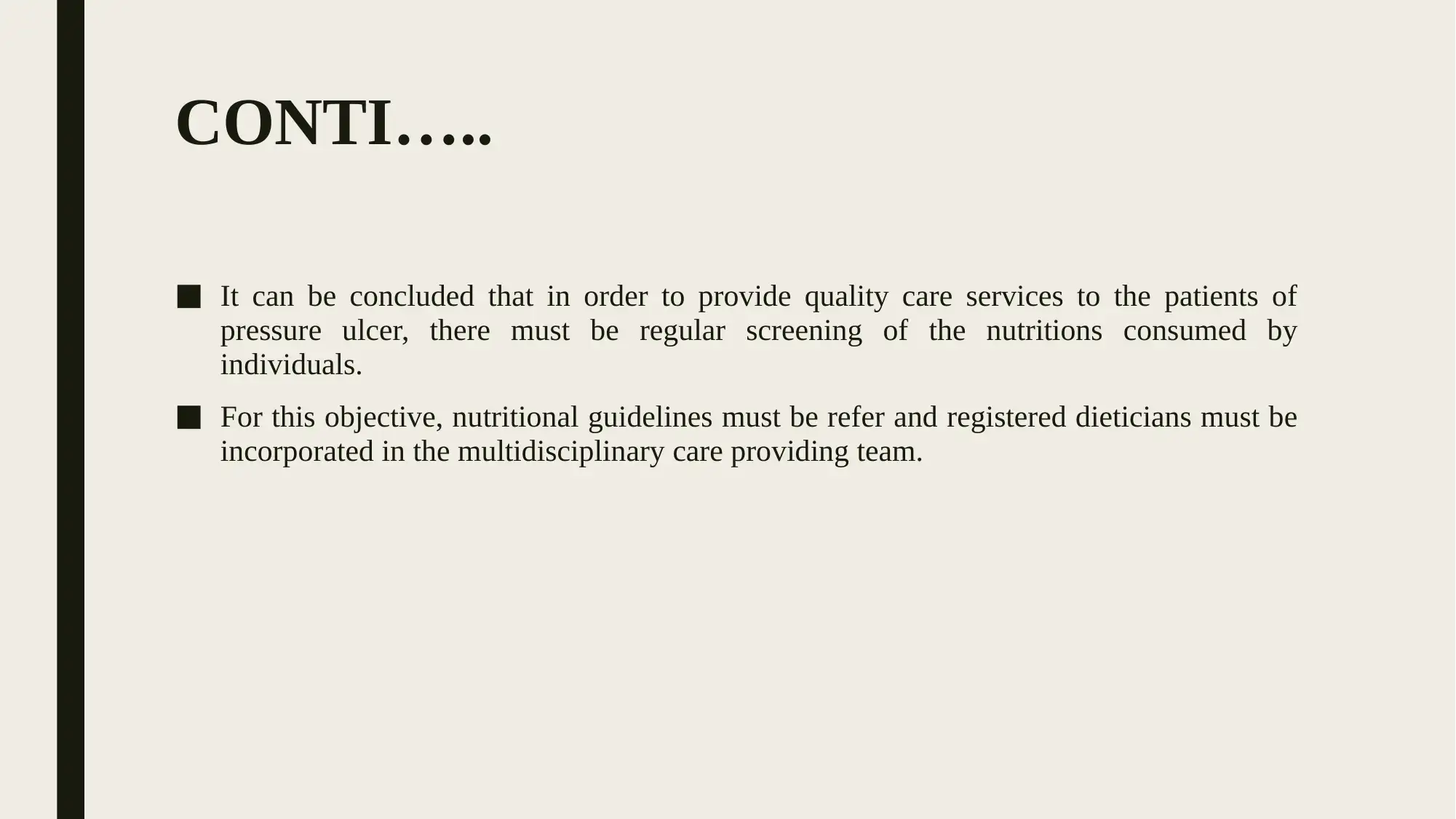






![[object Object]](/_next/static/media/star-bottom.7253800d.svg)